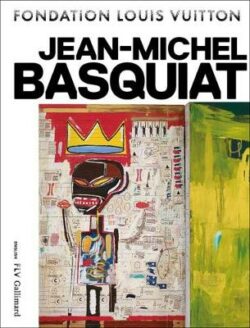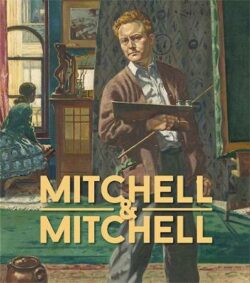Bridget Riley: A Very Very Person
$59.99
Low Stock
Description
“The first biography of Bridget Riley… addresses the tantalising question: How did success arrive so suddenly for the young artist?” Artspace In January 1965 the international art world converged on New York to pay homage to a brilliant new star. The glittering opening of The Responsive Eye, a major exhibition of abstract painting at the Museum of Modern Art, signalled the latest phenomenon, op art – and its centre of attention was a young painter named Bridget Riley, whose dazzling painting Current appeared on the cover of the catalogue. Riley’s first solo show in New York sold out, and, following a feature in Vogue magazine, the Riley “look” became a fashion craze. Overnight, she had become a sensation, yet only three years earlier, she was a virtual unknown. How did success arrive so suddenly? Authored by the acclaimed curator and writer Paul Moorhouse, A Very Very Person is the first biography of Bridget Riley and addresses that tantalising question. Focusing on her early years, it tells the story of a remarkable woman whose art and life were entwined in surprising ways. This intimate narrative explores Riley’s wartime childhood spent in the idyllic Cornish countryside, her subsequent struggles to find her way as an artist, and the personal challenges she faced before finally arriving as one of the world’s most celebrated artists in Swinging 1960s London. AUTHOR: Paul Moorhouse is is an art historian and curator. He was Senior Curator at the National Portrait Gallery, London (2005 17) and Senior Curator at Tate, London (1985 2005), where he curated a major Bridget Riley retrospective exhibition in 2003. Recent books include Cindy Sherman (2014), Bridget Riley: From Life (2010), the award-winning Gerhard Richter: Painting Appearances (2009), Pop Art Portraits (2007) and Richard Long: Walking the Line (2003). SELLING POINTS: . First biography of Bridget Riley, one of the most recognised artists of the 20th century . Explores the false starts and obstacles Riley encountered before her sudden huge success in the 1960s . New contributions to the scholarship on Riley and Op art, such as the influence of landscape on Riley’s work 11 colour, 19 b/w illustrations
Additional information
| Weight | 515 g |
|---|---|
| Dimensions | 147 × 224 mm |
| ISBN | 9781909932500 |
| Dimensions | 147 x 224 mm |
| Book Type | Paperback / softback |
| Author | Paul Moorhouse |
| Author Bio | Paul Moorhouse is an art historian and curator. He was Senior Curator at the National Portrait Gallery, London (2005-17) and Senior Curator at Tate, London (1985-2005), where he curated a major Bridget Riley retrospective exhibition in 2003. Recent books include Cindy Sherman (2014), Bridget Riley: From Life (2010), the award-winning Gerhard Richter: Painting Appearances (2009), Pop Art Portraits (2007) and Richard Long: Walking the Line (2003). Bridget Riley was born in 1931 in London, UK, and studied at Goldsmiths College (1949-52) and Royal College of Art, London (1952-55). She initially came to prominence as part of the Op art movement in the early 1960s and has been exhibiting internationally since 1962. She has had notable solo at the Museum of Modern Art, New York, Serpentine Gallery, London, and Tate Britain, London. Riley was made a CBE in 1974, appointed the Companion of Honour in 1999, and received the Kaiser Ring of the City of Goslar in 2003. She currently lives and works in London. |
| Number of Pages | 272 |




